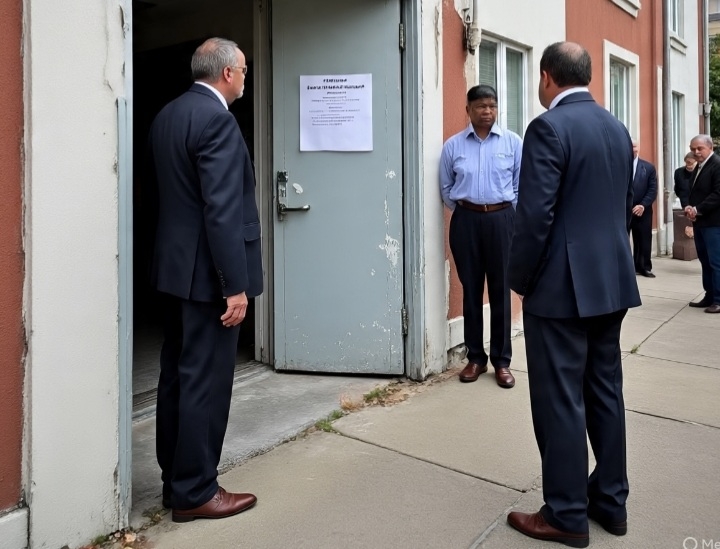Lake Properties Lake Properties
Here is an in-depth elaboration on the benefits of investing in land in South Africa, along with key considerations:
✅ 1. Capital Appreciation
- Natural Growth in Value: As South African cities expand, vacant land in peripheral or semi-rural areas appreciates due to urban sprawl.
- Future Demand: Land near developing infrastructure (like new highways, schools, malls) can skyrocket in value.
- Example: Land in Midrand or along the N3 corridor has appreciated due to strategic location between Johannesburg and Pretoria.
✅ 2. Lower Entry and Holding Costs
- Lower Purchase Price: Vacant land is cheaper than developed property because there's no building or structures.
- Minimal Upkeep: No need for repairs, painting, or renovations — maintenance is limited to occasional clearing or fencing.
- Lower Rates and Taxes: Property rates on undeveloped land are often lower than on built-up properties.
✅ 3. Flexibility for Future Development
- Personal or Commercial Use: Investors can develop land into:
- Residential housing
- Agricultural ventures
- Commercial complexes
- Renewable energy projects (e.g., solar or wind farms)
- Zoning Potential: If rezoning is possible, the value can significantly increase (e.g., from agricultural to residential zoning).
✅ 4. Limited and Finite Resource
- Land cannot be manufactured — as demand rises, especially near urban centers or coastal regions, prices increase.
- Scarce Locations: Prime land in places like the Cape Winelands, Garden Route, or Durban North Coast is increasingly limited.
✅ 5. Passive Income Opportunities
You can lease land without developing it yourself:
- Agriculture: Renting out farmland for crops or livestock.
- Cell Towers: Leasing to mobile network providers for tower installations.
- Billboards: High-visibility plots on major roads can generate advertising revenue.
- Events or Storage: Open land may be leased for festivals, markets, or storage yards.
✅ 6. Tax Advantages
- Section 12B and 12J incentives: Though these have been phased out or amended, other tax breaks exist for agricultural or renewable energy-related developments.
- Capital Gains Tax: Payable only when the land is sold — allowing for long-term tax deferment on growth in value.
✅ 7. Inflation Hedge
- Historically, property — particularly land — outpaces inflation.
- It acts as a store of value, preserving wealth even when the Rand weakens or inflation rises.
✅ 8. Stability and Control
- Land isn’t subject to the same volatility as stock markets or crypto.
- As an investor, you have direct control over decisions like when to sell, lease, or develop.
⚠️ Key Risks and Considerations
- Due Diligence: Confirm title deeds, zoning restrictions, and servitudes.
- Infrastructure Access: Land far from roads, water, and power may take longer to appreciate.
- Liquidity: Selling land can take time compared to selling a house or shares.
- Regulatory Compliance: Especially for agricultural or rezoning purposes, understanding municipal regulations is essential.
✅ Conclusion
Investing in land in South Africa can be highly rewarding, especially for patient, long-term investors who understand the local property dynamics. It offers growth, stability, and flexibility, with less overhead than traditional property investing.













